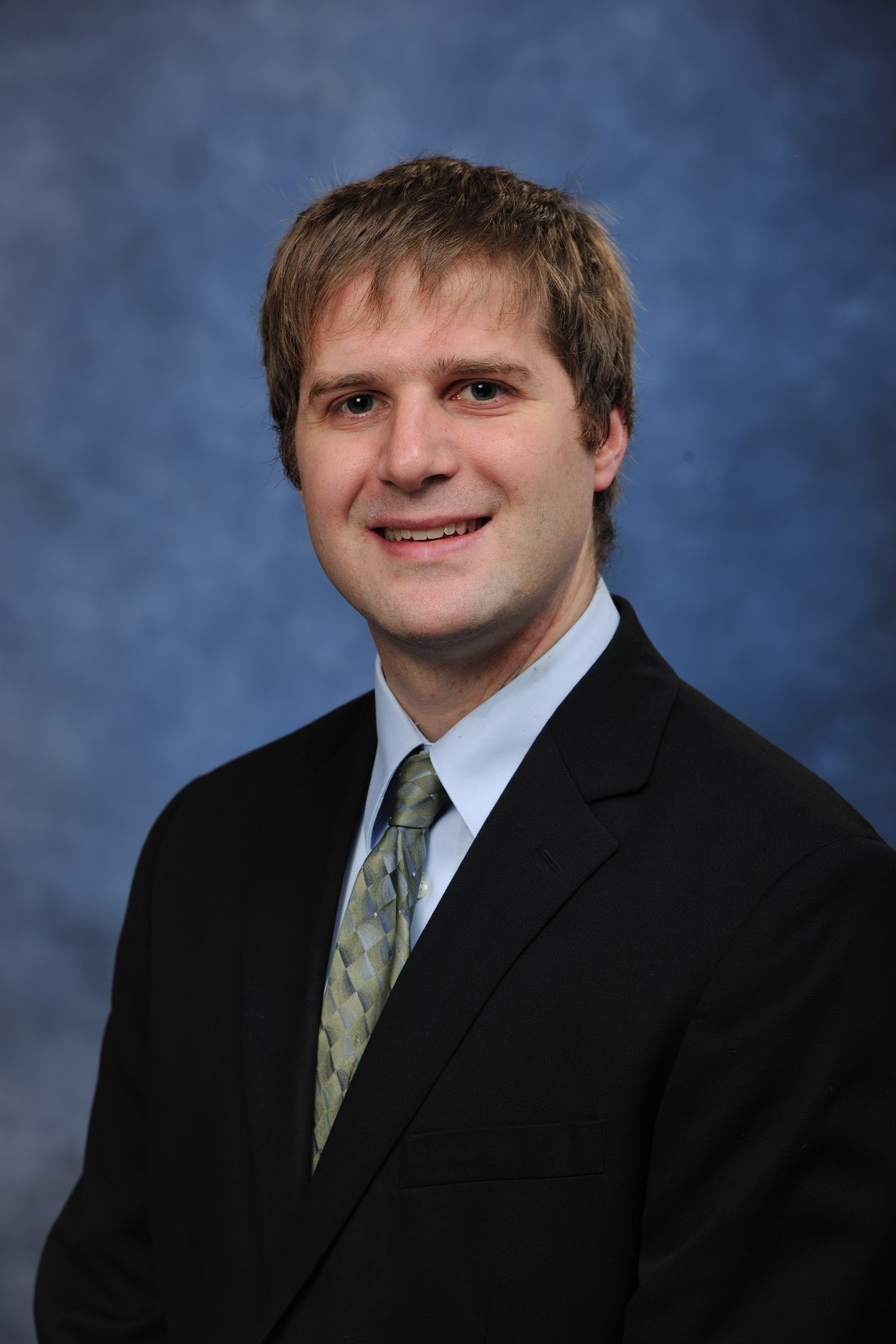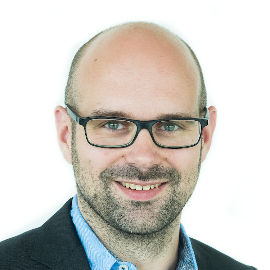Of mountains and valleys and of pebbles and divots: new opportunities in characterizing ceramic tile topography using multiscale methods
Conference
In this session a mechanics overview of shoe-floor friction and how mechanics research can inform tile selection & design will be presented. Novel experimental methods on multiscale surface characterization and friction measurement will be presented along with their applications and insights for ceramic tiles. The talk will also present on mechanics models that provide predictive power for shoe-floor friction driven by these novel surface characterization data. These models will be discussed in the context of guiding updated designs and to understand tile wear and cleanability. Finally, the talk will discuss future opportunities for physics-informed machine learning to predict friction performance based on multiscale surface characterization.

Kurt Beschorner is an Associate Professor of Bioengineering at the University of Pittsburgh. He received his B.S. in Mechanical Engineering from the University of Illinois Urbana-Champaign and his Ph.D. in Bioengineering from the University of Pittsburgh. His research mission is to apply core competencies in tribology, biomechanics and ergonomics to prevent falling accidents. In particular, his research has improved understanding of shoe-floor friction mechanics during slipping to guide flooring design as part of slip prevention efforts. Dr. Beschorner has a longstanding collaboration with Dr. Tevis Jacobs where they collectively have been developing novel surface characterization methods to improve ceramic tile surface characterization by considering multiple scales of roughness. As part of this work, they have partnered with Tile Council of North America to improve translatability of their resulting science. Dr. Beschorner’s research has been funded by the National Institute for Occupational Safety and Health (U.S.), the National Institute on Aging (U.S.), and private industry

Lars Pastewka is Professor for Simulation in the Department of Microsystems Engineering at the University of Freiburg. He uses computer simulations and data science to study the fundamental mechanisms underlying contact, adhesion and friction. Prof. Pastewka received his PhD in Physics from the University of Freiburg for research carried out at Fraunhofer IWM. He held a postdoctoral position at Johns Hopkins University and headed a junior research group at the Karlsruhe Institute of Technology before joining the University of Freiburg as faculty in 2017. Prof. Pastewka has held Fulbright and Marie Sklodowska-Curie fellowships. He is the recipient of an Emmy-Noether award of the Deutsche Forschungsgemeinschaft and a Starting Grant of the European Research Council.

